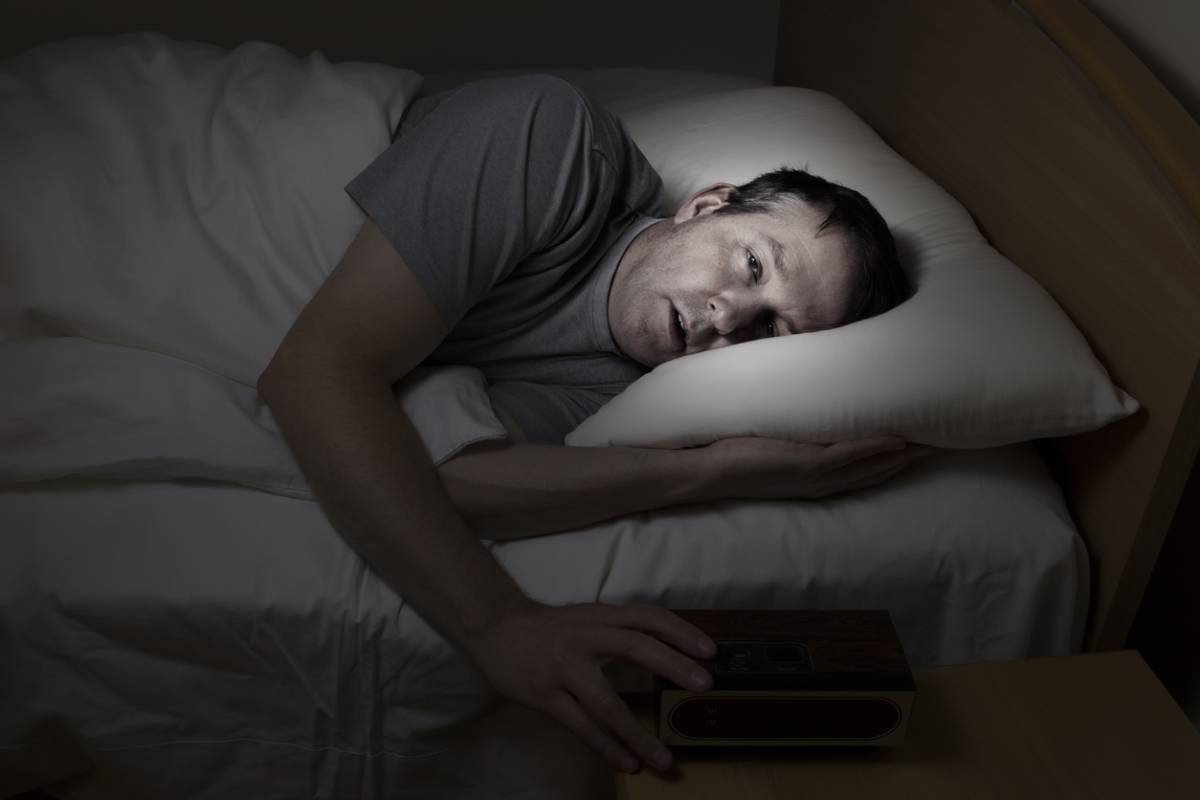Disruptions in normal sleep are never fun. Even when you can get back to sleep within a reasonable timeframe it can take your body a long time to achieve restful sleep. Just a few interruptions may result in your waking up feeling groggy and poorly rested. Of course, it’s perfectly normal to occasionally experience inadequate sleep, but it should not be a consistent experience. If you’re waking up during the night several times per week, then you may want to speak with your local insomnia specialist in Los Angeles.
Identifying Insomnia
Many people mistakenly believe that insomnia is only used to describe a condition that causes people to struggle with initiating sleep. In truth, there are many different types of insomnia that can affect your ability to fall asleep, your ability to stay asleep, and your ability to consolidate restful sleep.
Acute Insomnia:
In many cases the insomnia is acute. That means that it’s severe but pretty short-lived. People experiencing acute insomnia are usually experiencing high levels of stress as a result of external stimuli. Acute insomnia usually lasts about a month and resolves once the external stressor is no longer an issue for the patient. The date of the stressful event may have passed, or the patient may have adjusted to the changes that were stressing them out.
Transient Insomnia:
Another common form of insomnia is referred to as transient insomnia. This type of insomnia usually lasts about a week. Rather than being caused by external stimuli, transient insomnia is more likely to be caused by internal factors. Mental illnesses such as depression are often linked with transient insomnia. However, you may experience the condition simply because you’ve changed your sleeping environment due to travel, moving, etc.
Chronic Insomnia:
Chronic insomnia is the rarest form of the condition. To be considered chronic, you have to have experienced symptoms for at least a month several times per week. For the most part chronic insomnia evolves from one of the lesser forms. The patient may be having trouble adjusting to external stressors, or they may have a mental illness that is interfering with their normal sleep cycle.
Other Reasons You May Wake in the Middle of the Night
Although the stress of our modern world makes acute and transient insomnia relatively common, there are a number of behavioral factors that could also cause you to lose sleep at night. If you’re struggling to achieve restful and consistent sleep, then you may want to do a quick audit of your habits to make sure you aren’t shooting yourself in the foot. Here are just a few habits that could be causing you to lose some shut-eye.
- Consuming stimulants like caffeine or tobacco less than eight hours before bed
- Keeping a variable sleep schedule
- Using electronic devices less than an hour before bed
- Consuming alcohol before bed
- Exposing yourself to uncomfortable levels of light, temperature, or sound
If any of these sound familiar, then you’re suffering from what is known as poor sleep hygiene. In order to feel well-rested, you’ll want to establish a routine that provides your body with all the right cues to promote deep sleep.
When Behavioral and Environmental Changes Don’t Help
When nothing you try is working, it may be time to seek professional help. At Cognitive Behavior Associates, trained professionals can help you to unpack the cause(s) or your sleep disturbances. We directly address the cause rather than focusing on medicating the result. So cognitive behavior therapy has shown better results and far less dependency on sleep aids. With a little work and dedication, you’ll be back to sleeping like a baby in no time.

